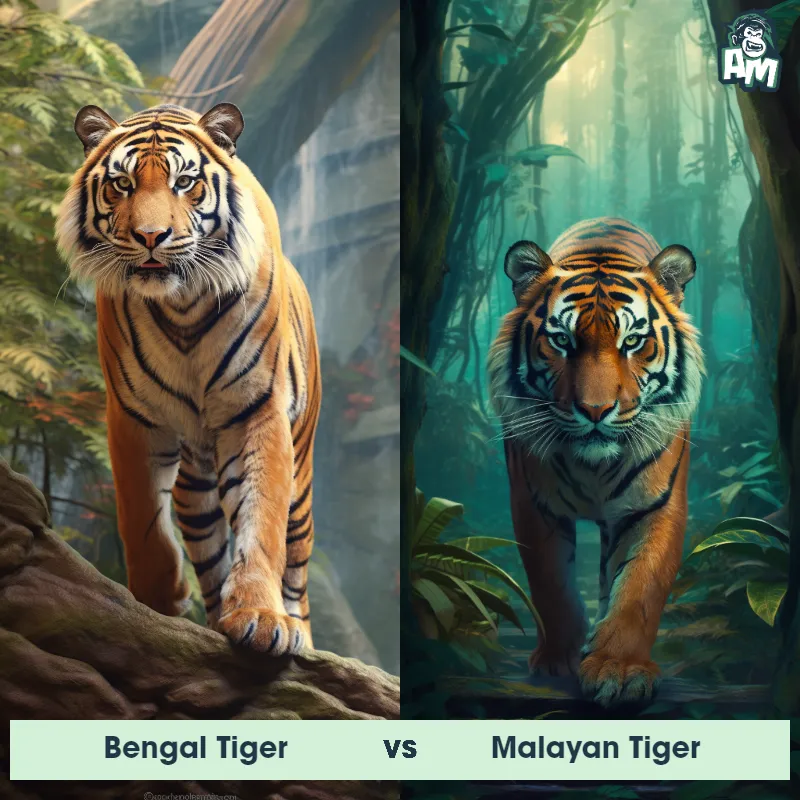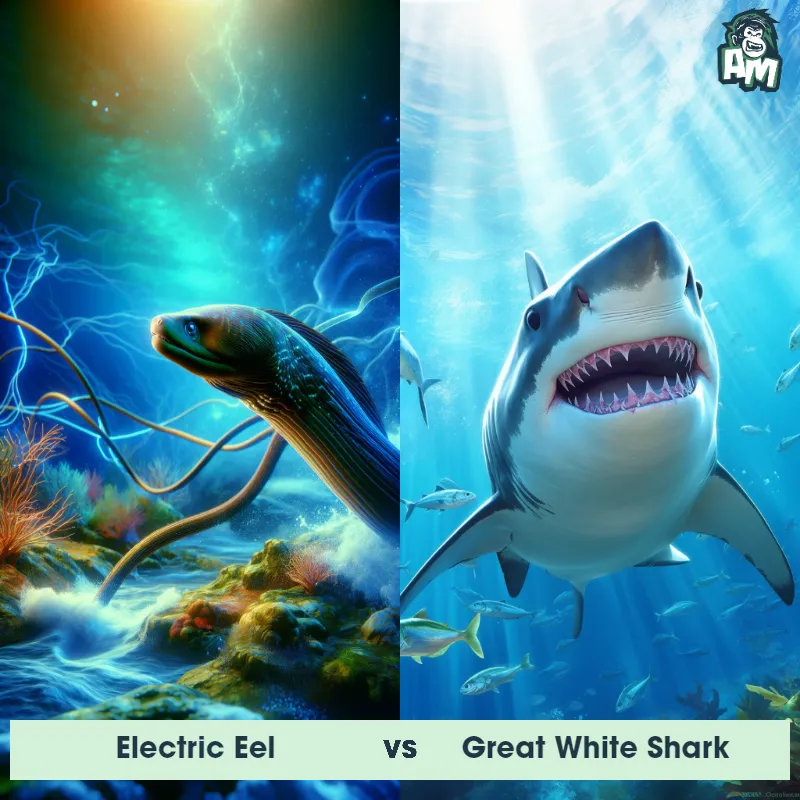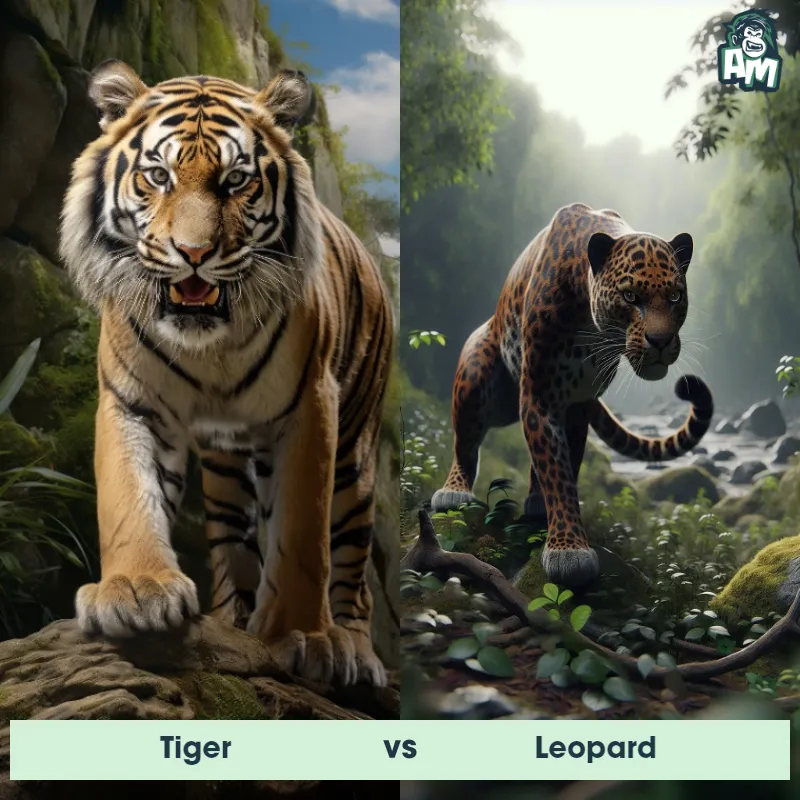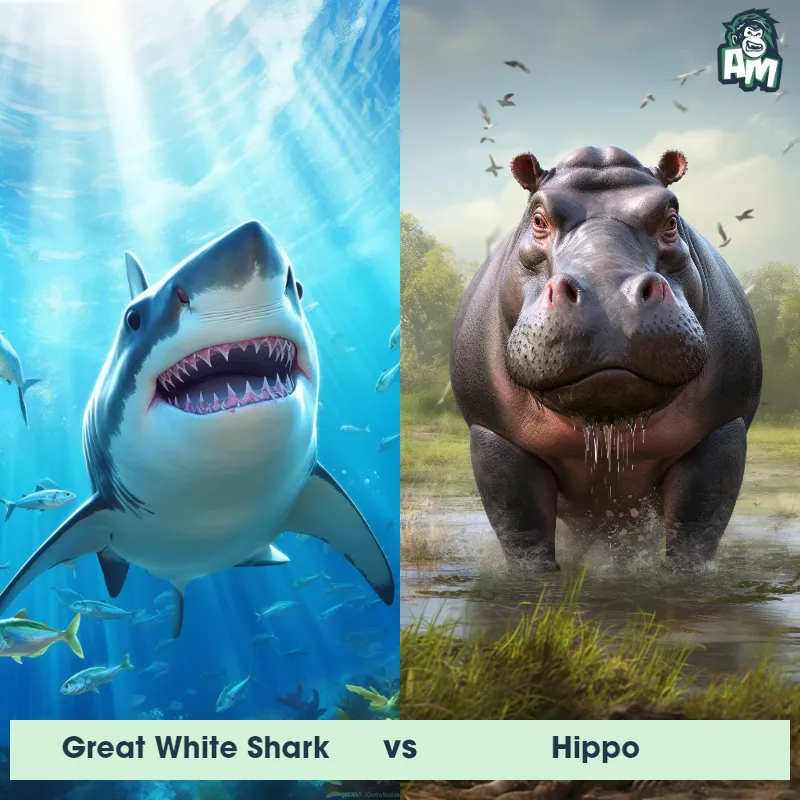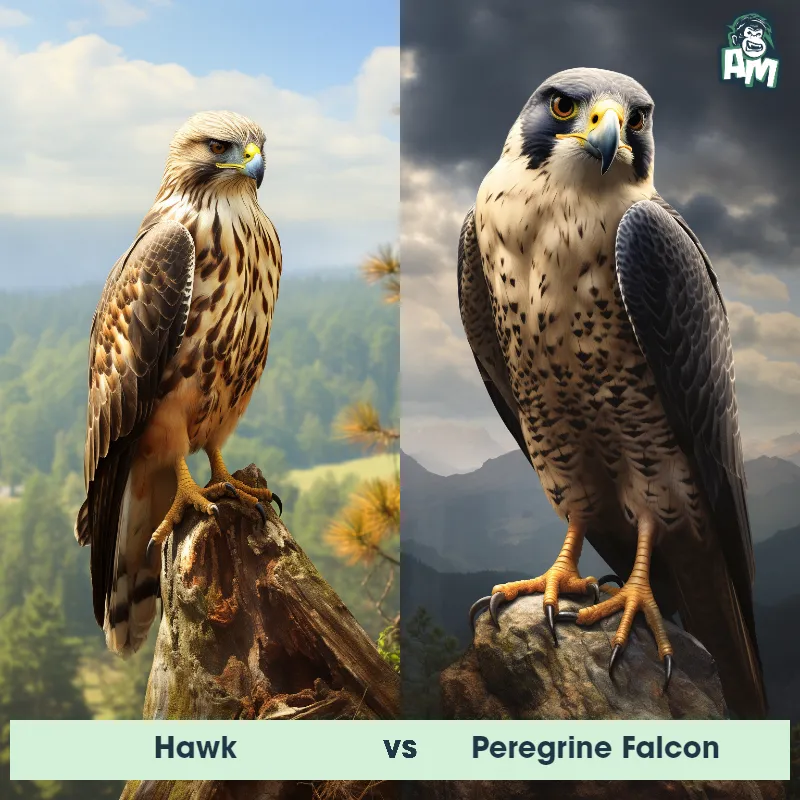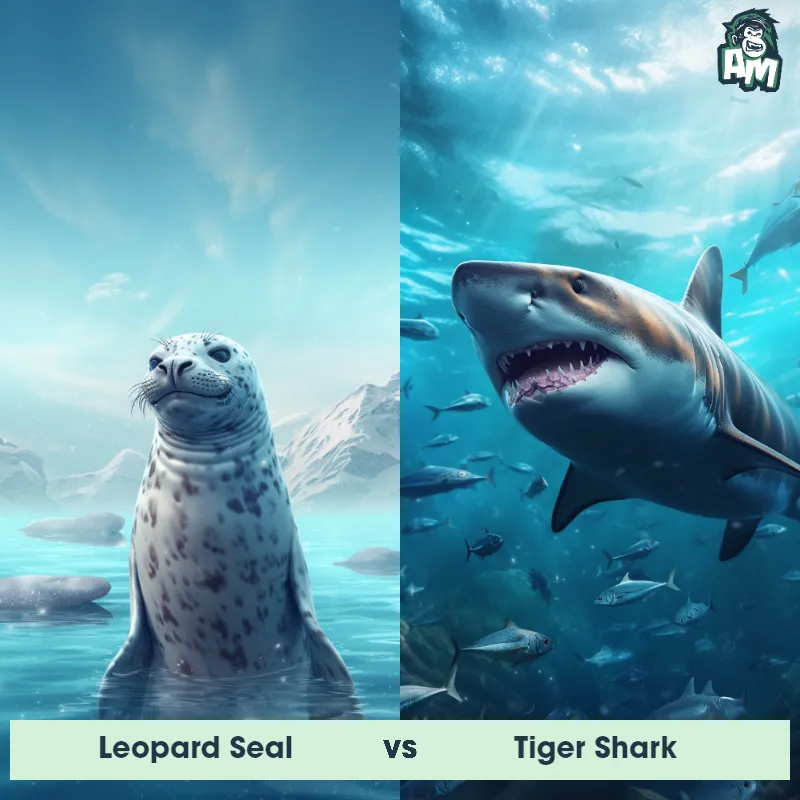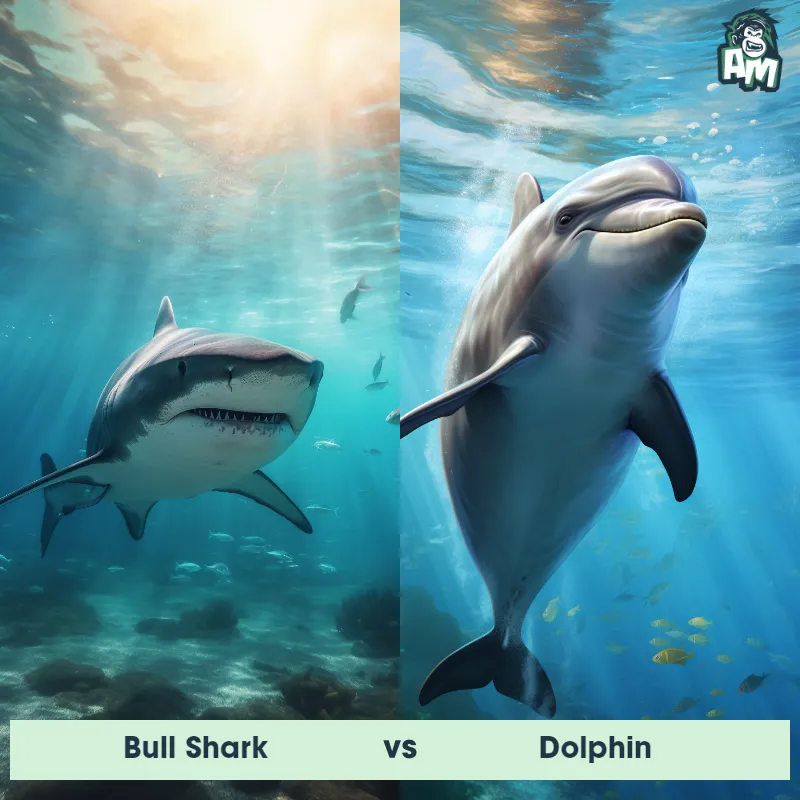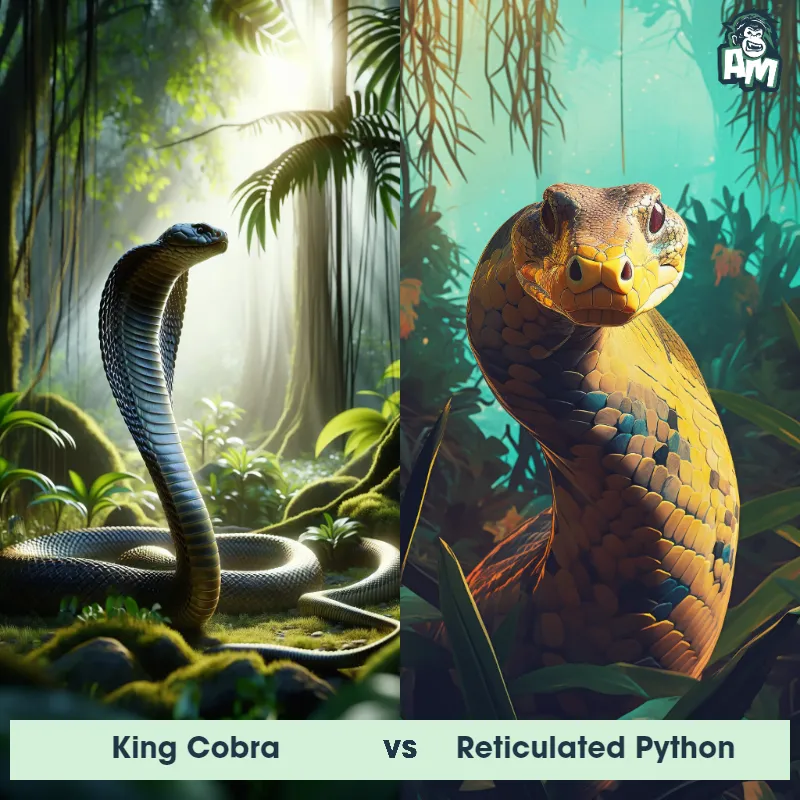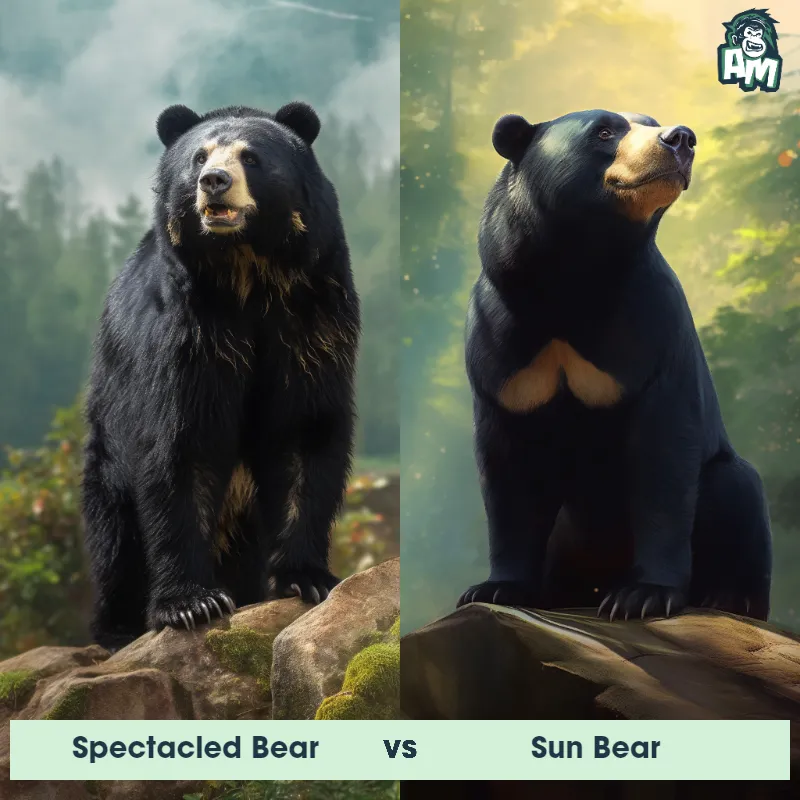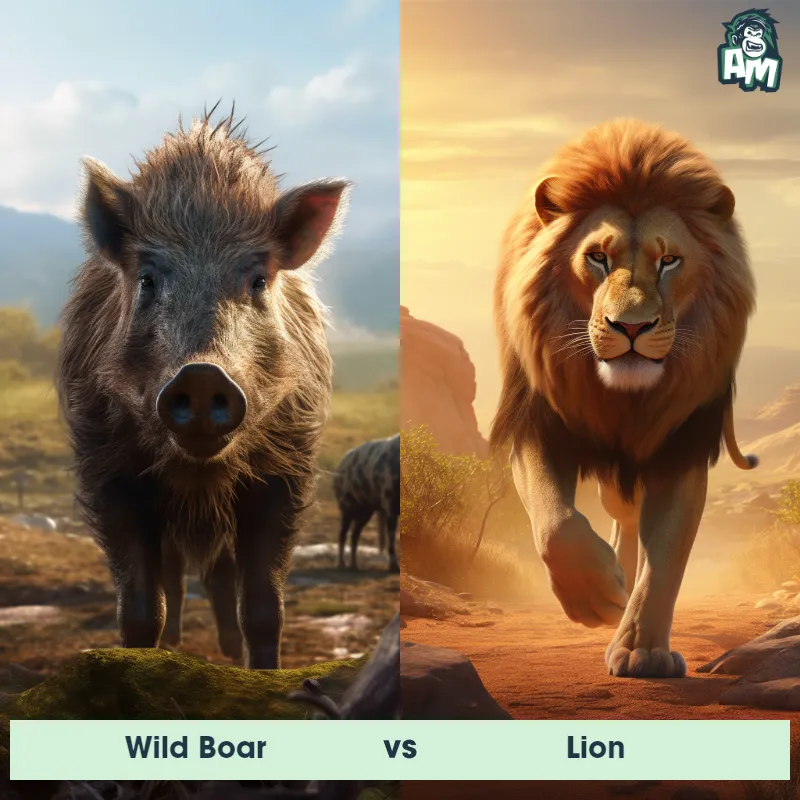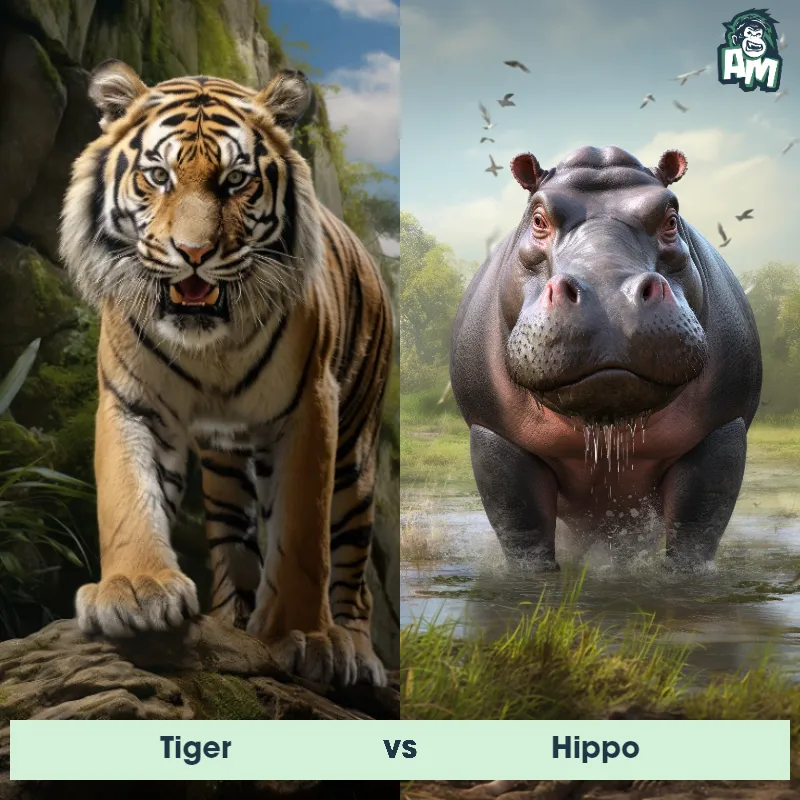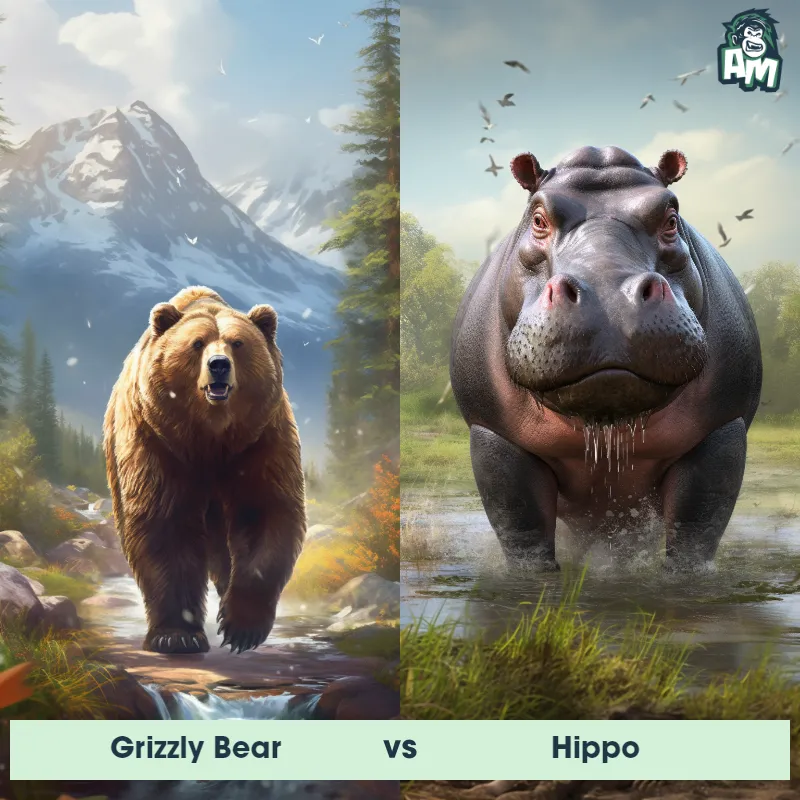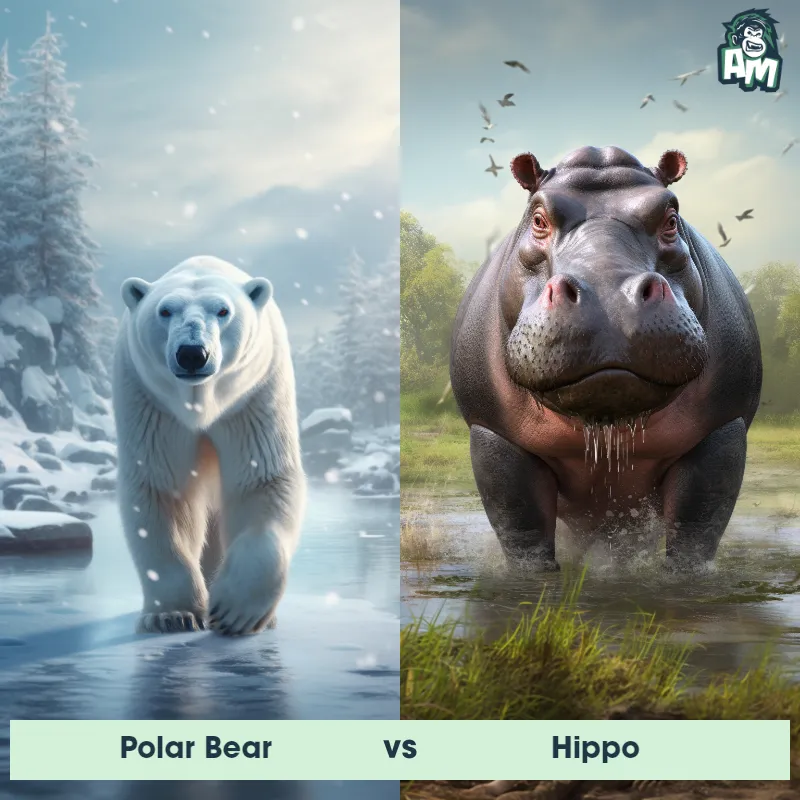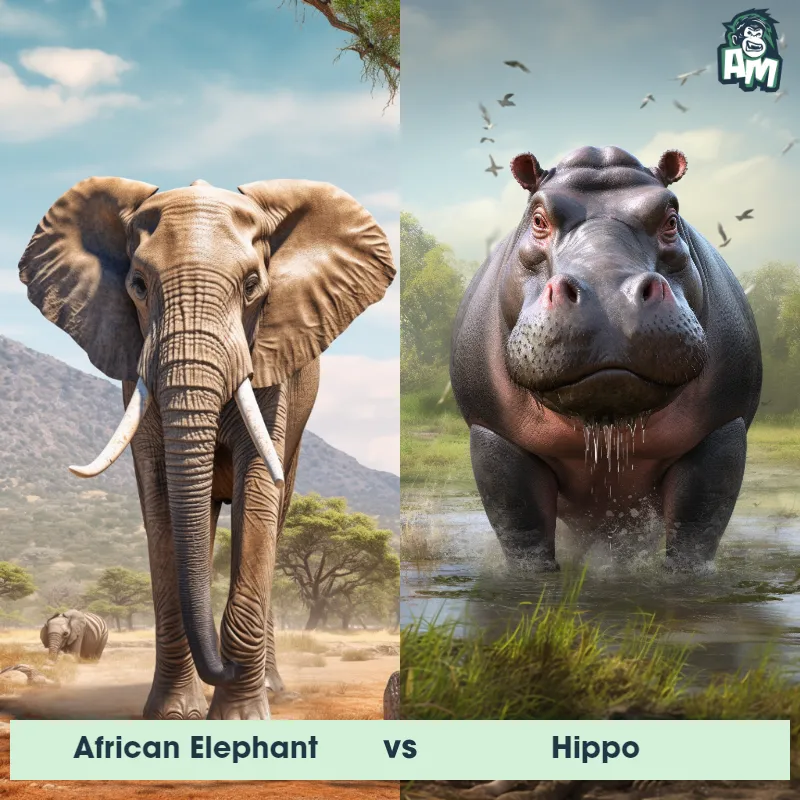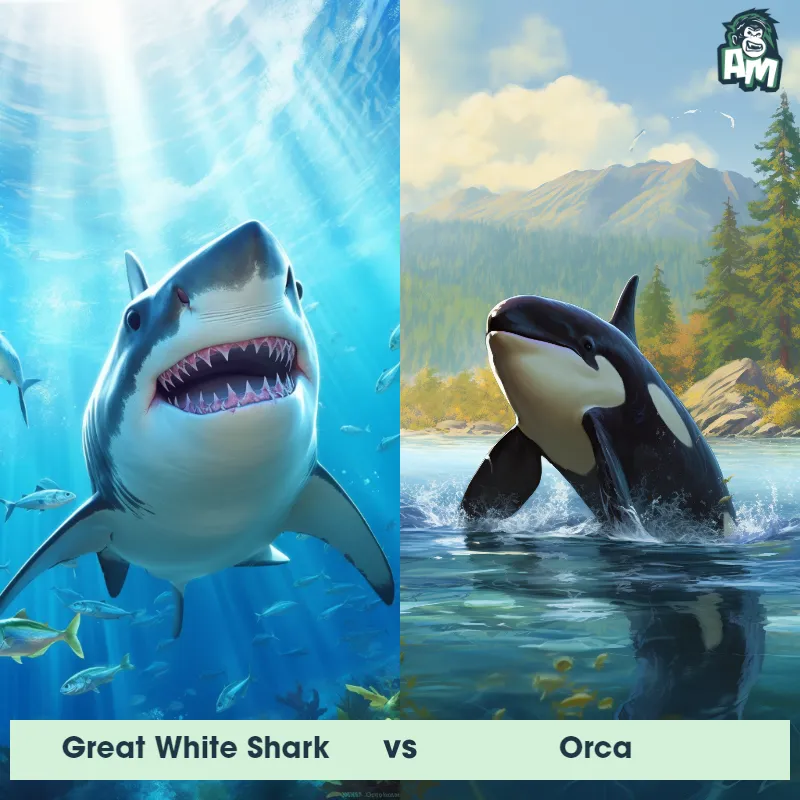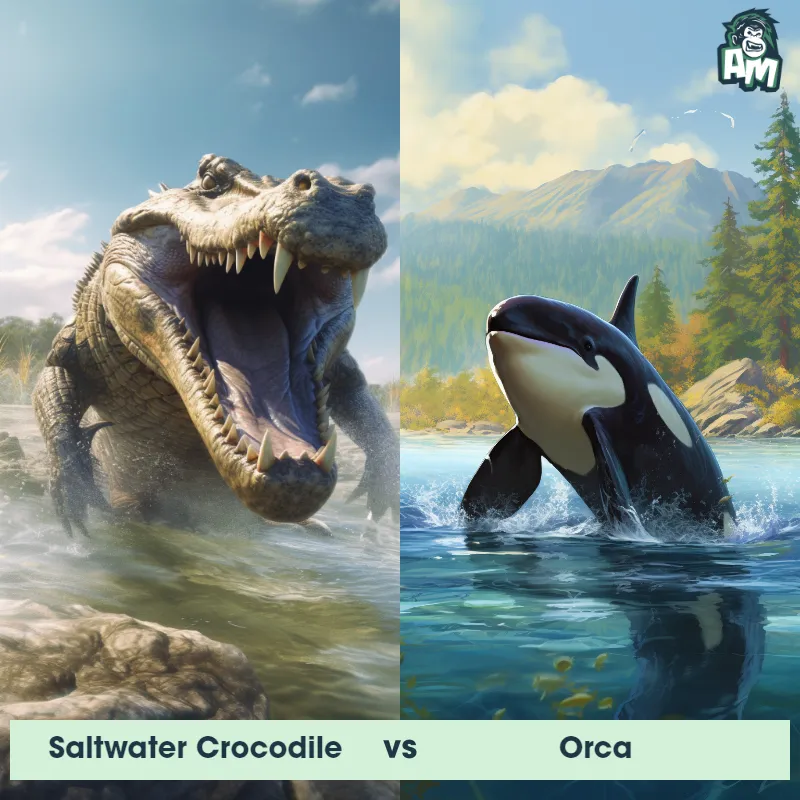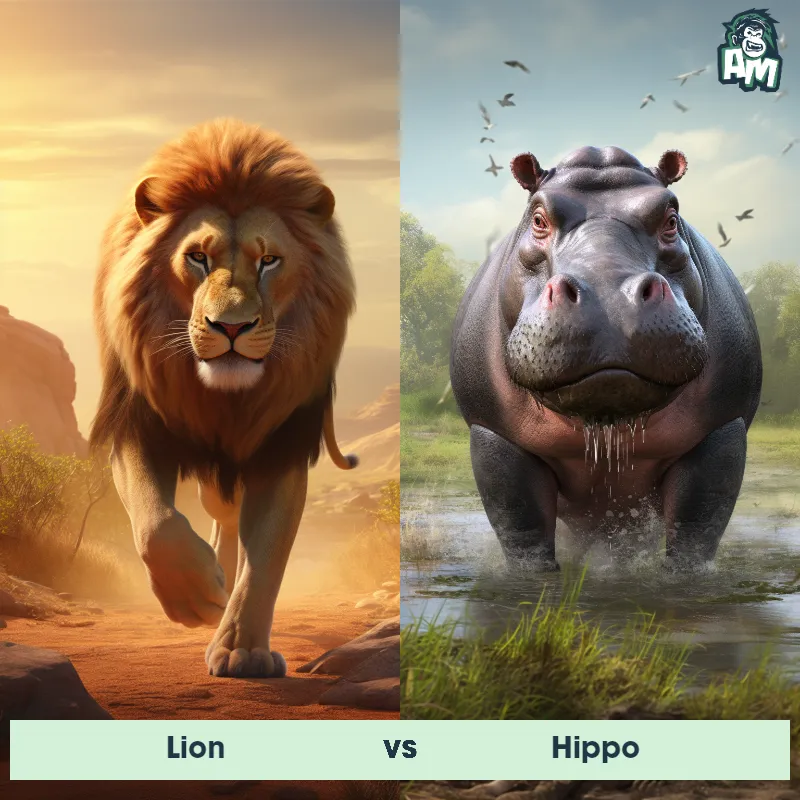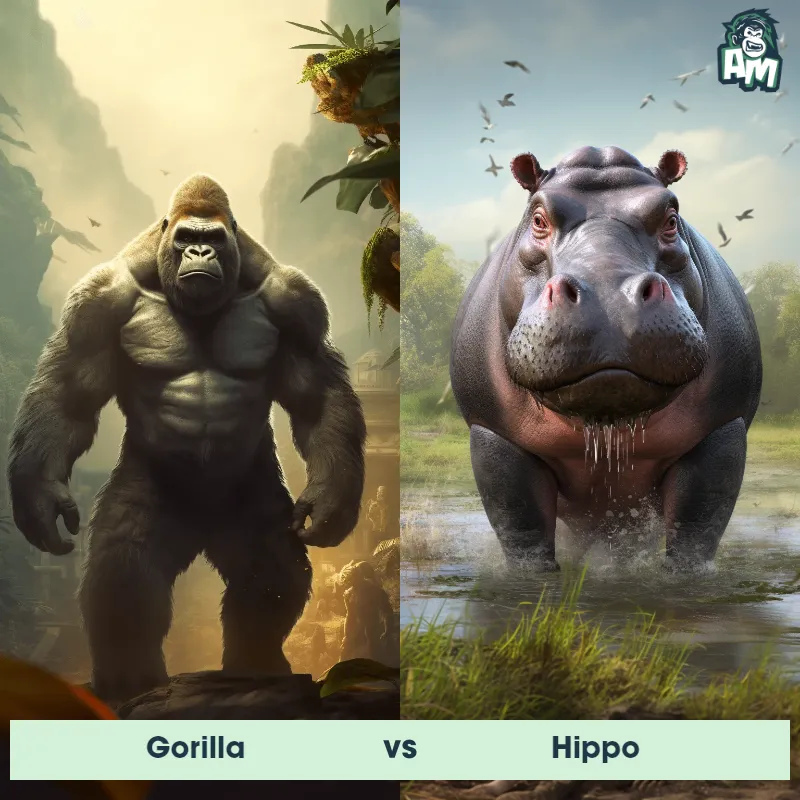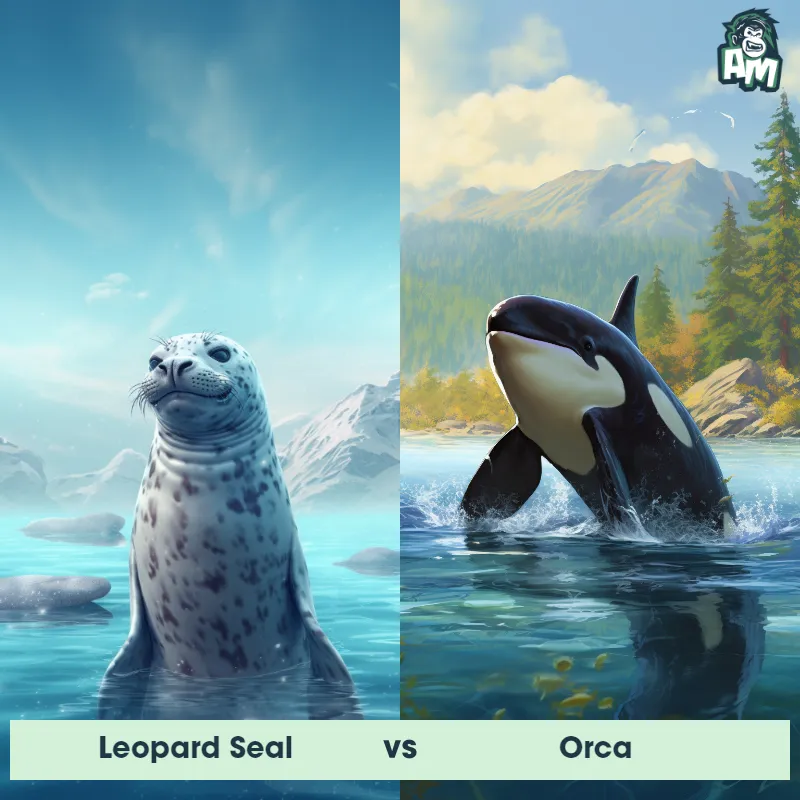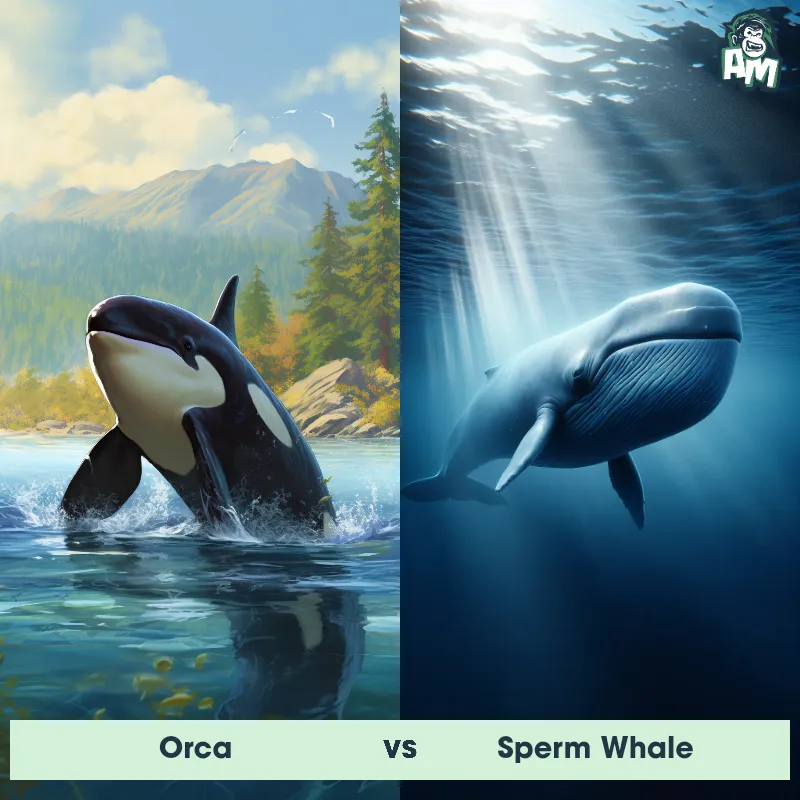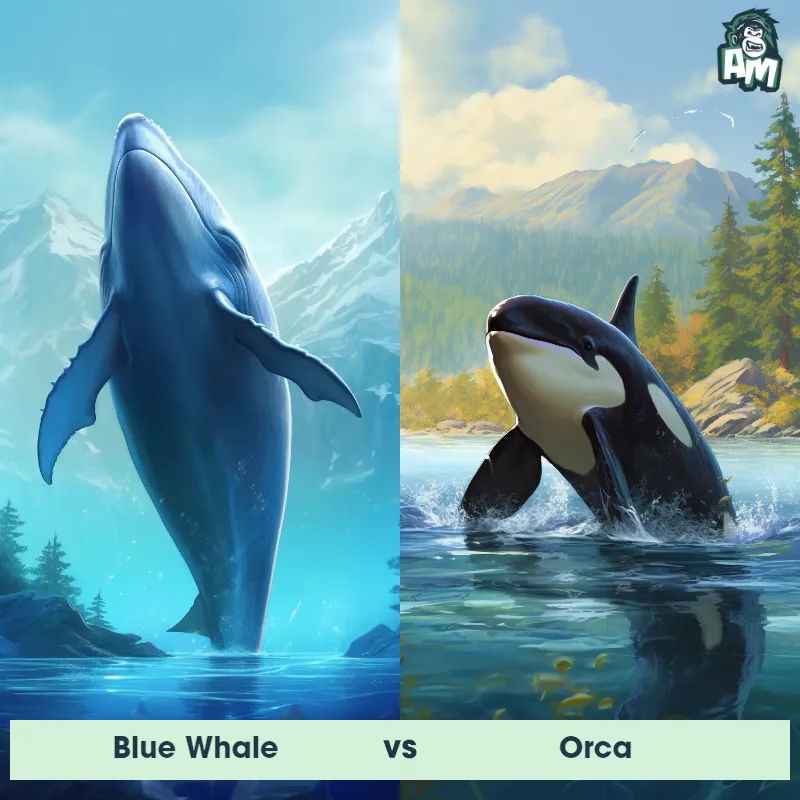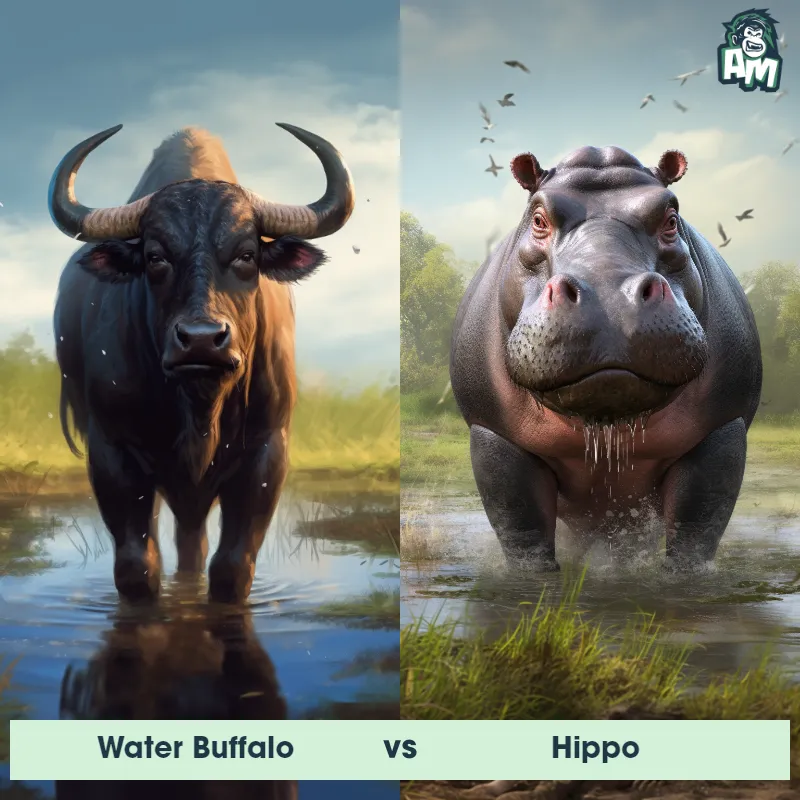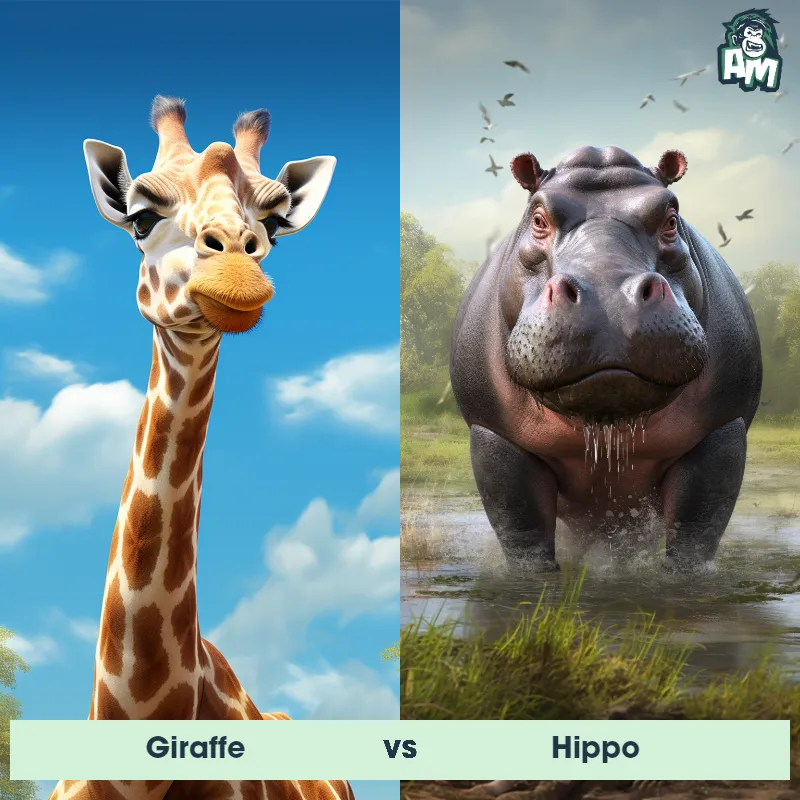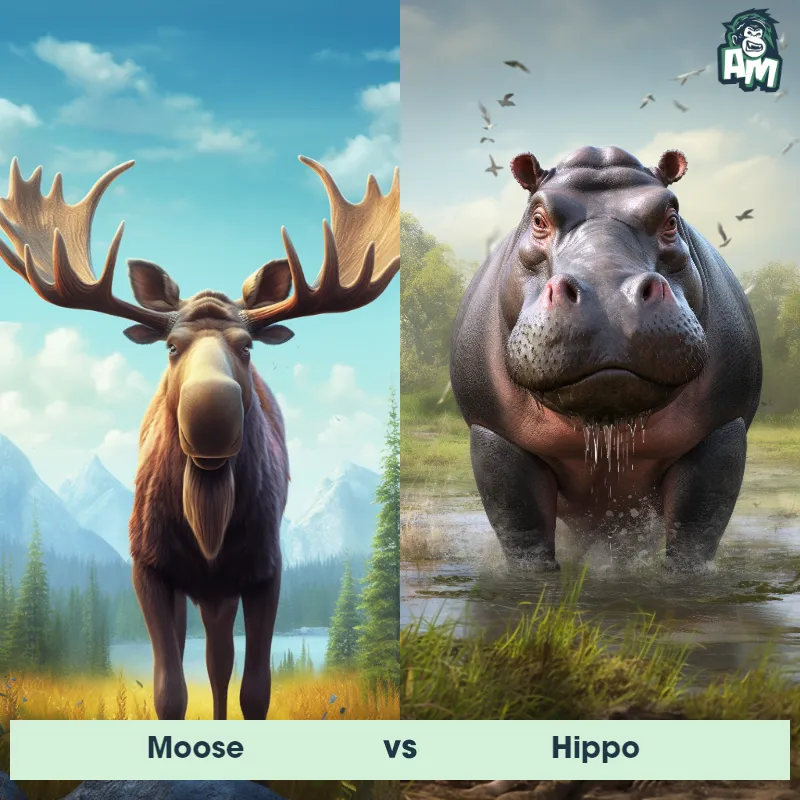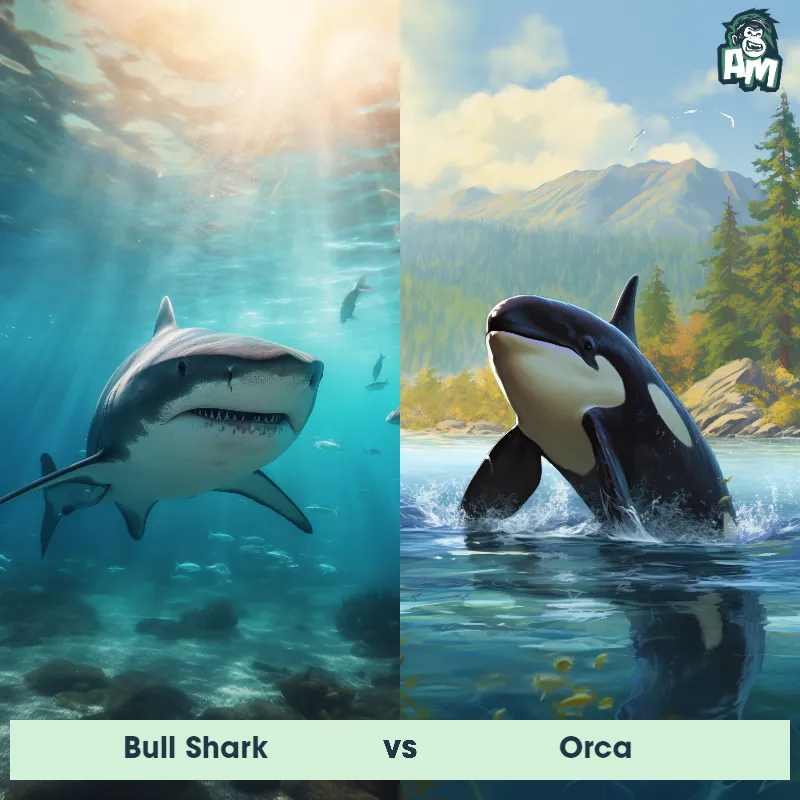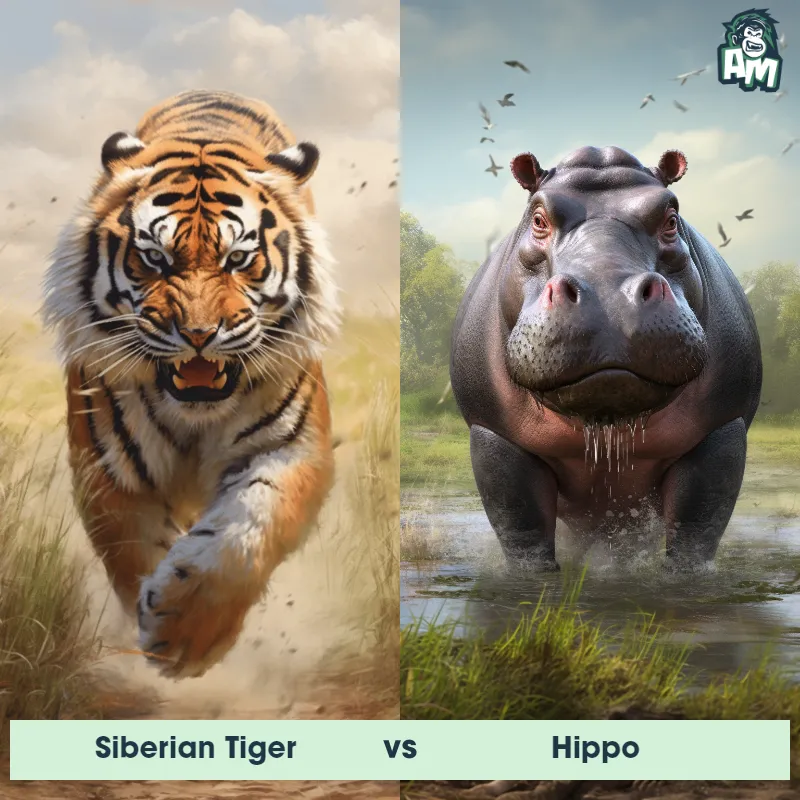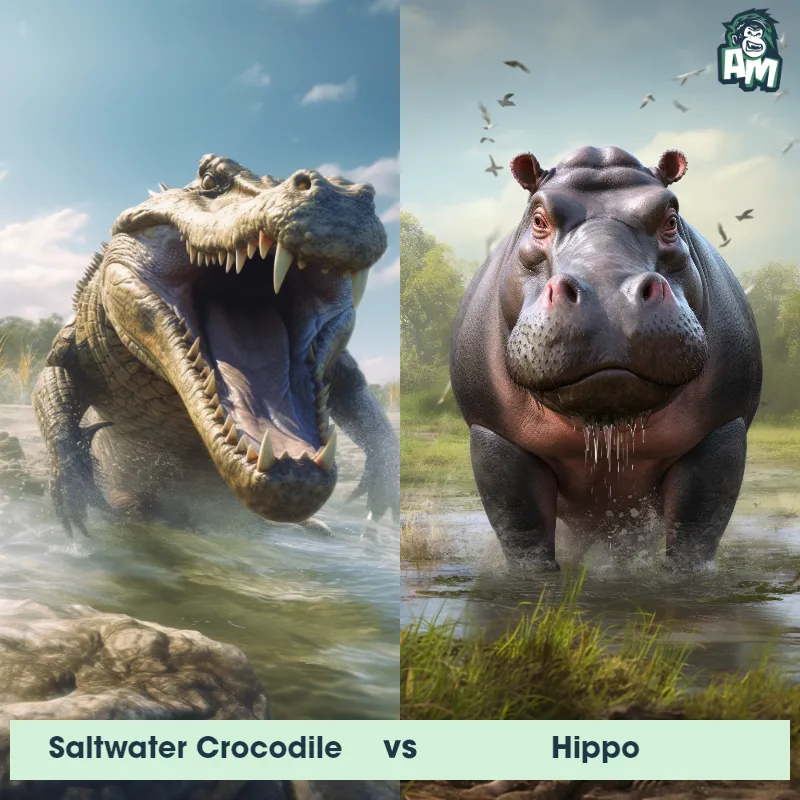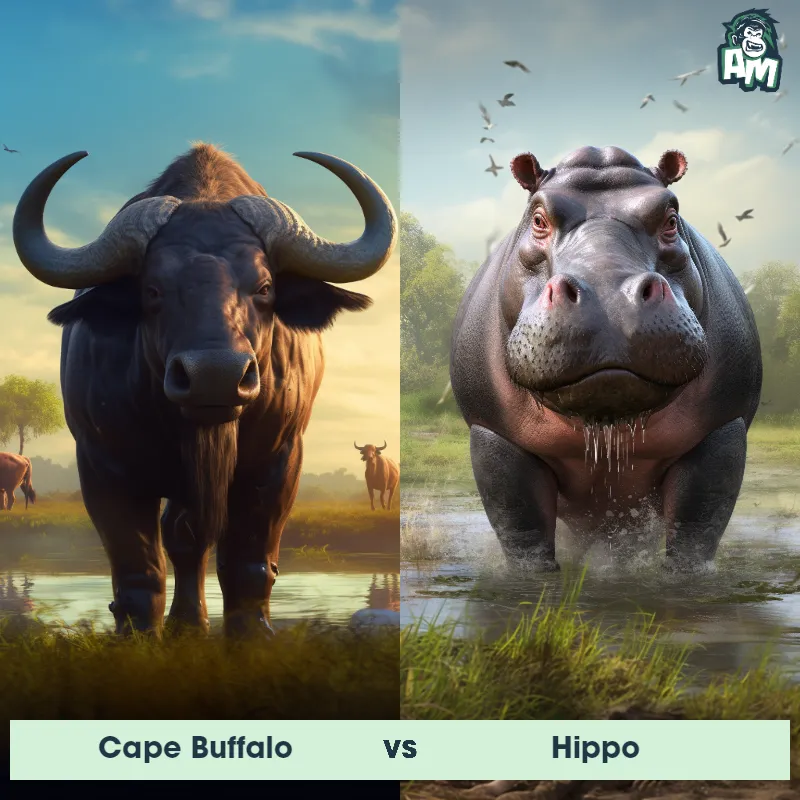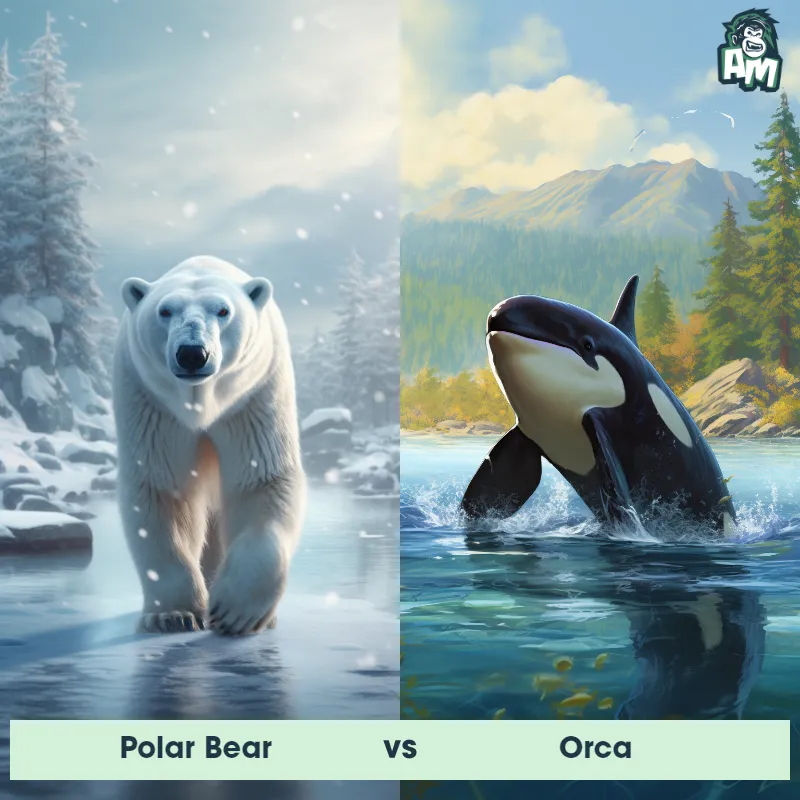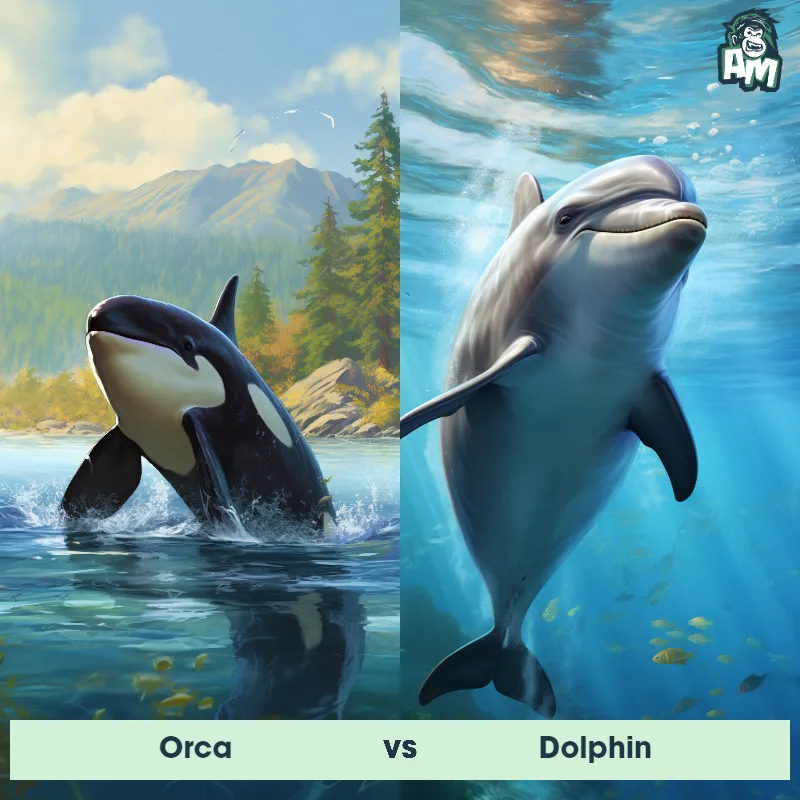Orca vs HippoSee Who Wins

Ladies and Gentlemen, we have an electrifying matchup today. The arena is buzzing as in one corner, we have the mighty ocean predator, the Orca. Known for its intelligence, speed and power, the black and white behemoth of the deep seas certainly is a sight to behold. On the other side, we have the heavyweight of the Savannah, the Hippopotamus. Known for its colossal size and aggressive behaviour, the surly river horse with the deceptively cute face is in full fighting spirit.
Contender 1: Orca
The Orca, or killer whale, is a toothed whale belonging to the oceanic dolphin family. Known for their distinctive black-and-white coloration, orcas are among the most powerful predators on Earth. Adult males can grow up to 26 feet long and weigh up to six tons. They have a large dorsal fin, which in males can reach up to 6 feet in height. Orcas are found in oceans all over the world but are most common in the Arctic and the Antarctic. Their diet is diverse, including fish, seals, and even other whales.
Fun Fact: Orcas have a complex social structure, living in tight-knit family groups known as pods, and they are known to exhibit behaviors such as teaching, learning, cooperation, and grieving.
Contender 2: Hippo
The hippopotamus, often simply referred to as the hippo, is a large, mostly herbivorous mammal native to sub-Saharan Africa. With a barrel-shaped body, short legs, and a massive head with a broad, round snout, the hippo is the third-largest land animal after the elephant and rhinoceros. Hippos spend most of their day in the water or mud to keep their skin moist and protect it from the sun. Despite their bulk, hippos are excellent swimmers and can run surprisingly fast on land.
Fun Fact: Hippos secrete a natural sunscreen in the form of an oily red substance, which earned them the nickname "blood sweat," although it is neither blood nor sweat.
Matchup Stats
| Orca | Hippo | |
|---|---|---|
| Size | Up to 26 feet long (7.9 meters) | 5 feet tall at shoulder, 13 feet long (1.5 meters tall at shoulder, 4 meters long) |
| Weight | Up to 6 tons (5,443 kilograms) | 3,000 to 4,000 pounds (1,400 to 1,800 kilograms) |
| Speed | 35mph (56km/h) | 19mph (30km/h) |
| Key Strength | Powerful predator with strong jaws and sharp teeth | Powerful jaws with large teeth |
| Biggest Weakness | Limited mobility on land | Poor eyesight |
Current Votes
Orca vs Hippo
See Who Wins
View More Matches
Looking For More?
Similar Matches
Scientific Stats
| Orca | Hippo | |
|---|---|---|
| Scientific Name | Orcinus orca | Hippopotamus amphibius |
| Family | Delphinidae | Hippopotamidae |
| Habitat | Oceans worldwide | Rivers, lakes and swamps |
| Geography | Global, most common in Arctic and Antarctic | Sub-Saharan Africa |
| Diet | Fish, seals, and other whales | Herbivorous, primarily grasses |
| Lifespan | 50 years - 80 years | 40 years - 50 years |
Key Differences between Orca and Hippo
- Skin Texture: Orcas have smooth and rubbery skin, often with distinct white patches and grayish-black coloration. On the other hand, hippos have thick, hairless skin that appears rough and wrinkled.
- Teeth: Orcas have a set of large, conical teeth, with up to 56 sharp teeth in their mouth. In contrast, hippos have large, tusk-like canine teeth, which can grow up to 20 inches long.
- Tail Shape: The shape of the tail, or fluke, also differs between the two species. Orcas have a horizontal, crescent-shaped tail with a deep notch in the center, allowing them to swim at high speeds. Hippos, on the other hand, have a short, stubby tail with a more rounded shape.
- Dorsal Fin: One of the most noticeable differences is the presence of a prominent dorsal fin in orcas. Their dorsal fin can grow up to 6 feet tall and is located on their back. Hippos, however, lack a dorsal fin altogether.
- Size: The Orca (Orcinus orca) is significantly larger than the Hippo (Hippopotamus amphibius). Orcas can reach lengths of up to 30 feet and weigh around 6 tons, while hippos typically measure around 13 feet in length and weigh between 3,000 to 4,500 pounds.
- Body Shape: Orcas have a streamlined body shape with a sleek, torpedo-like appearance, while hippos have a bulky, barrel-shaped body with a large head and short legs.



